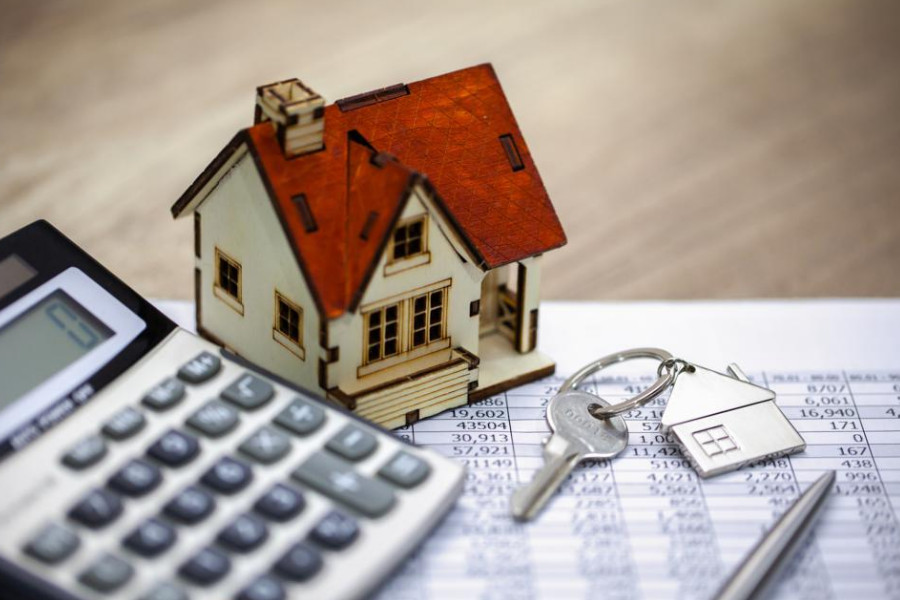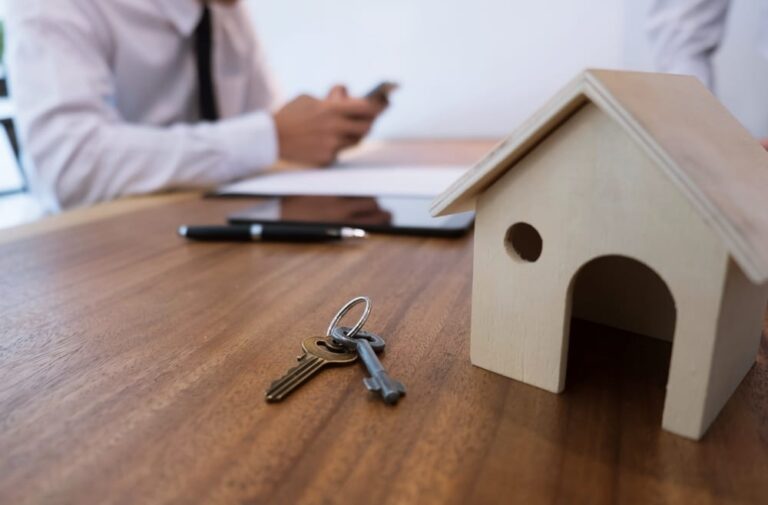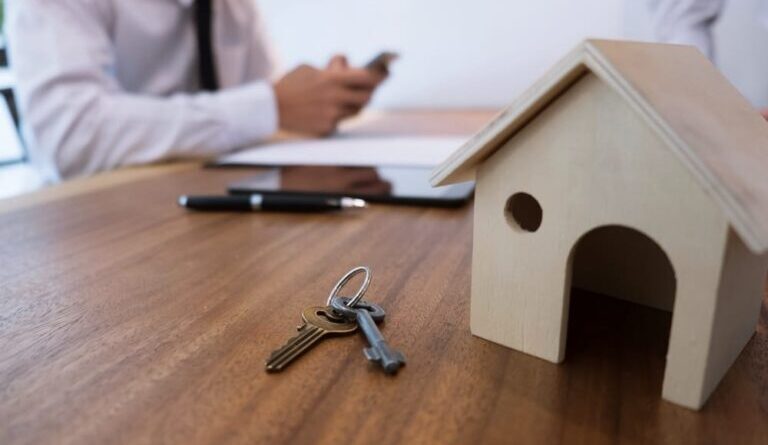Whether you are a first-time buyer or have bought several properties, ‘How much does it cost to buy a house’ is always the burning question, as times change, the property market dips and booms, taxes rise and fall and so does the answer to this question.
So really, How much does it cost to buy a house?

source: hdnux.com
Surely there is an easy answer to the question: How much does it cost to buy a house? The answer isn’t all that easy I’m afraid. Whilst you may get a rough estimate when searching on google, think of it as you asking, how much does it cost to buy bread from the shop? I know what you are thinking now… ‘It all depends on the type of bread, and the shop you buy it from’ and you’d be correct. Just like this, the answer to ‘how much does it cost to buy a house’ is influenced by the type of property you buy, the conveyancers you use but also by additional factors.
So, what are the varying factors that influence the answer to how much does it cost to buy a house?
How much does it cost to buy a property varies depending on your region, for example if you live in the South/London property prices are generally far more expensive than properties in say the Midlands. How much it costs to buy a house will definitely be influenced by the actual price you are paying for the property. Whilst most conveyancers have a sliding scale – generally speaking the higher the value, the higher the level of risk, the higher the conveyancer costs might be.
Other factors to consider when trying to answer how much does it cost to buy a house, include but are not limited to the type of property being bought, costs for mortgage applications, valuations, surveys and specialist searches, information and reports from third parties.

source: pinterest.com
Our advice, unless you specify all the details for the property you wish to buy and obtain a personalised quote, asking how much does it cost to buy a house is similar to asking how long is a piece of string. And when getting a quote, always remember to check the small print in case your property attracts more legal work which does not fall in with the normal conveyancing costs, familiarise yourself with any extra potential costs!
Conveyancing is the legal transfer of home ownership from the seller to the buyer. The conveyancing process starts when your offer on a house is accepted/ you accept an offer on your property and finishes when you receive the keys/ release keys.
A conveyancing Solicitor or Conveyancer is instructed to carry out the conveyancing process. You can get in touch with top-rated property conveyancing solicitors in London such as AVRillo who are also rated as the most trusted Enfield conveyancing solicitors.
Process of a sale and purchase transactions.

source: pinterest.com
On sale of a property the solicitor prepares the contract pack and initial documents, these are sent to buyers’ solicitors to start the process.
The solicitor carries out Anti Money Laundering / Know Your client checks and obtains relevant documents from their client.
If there is an existing mortgage (s) redemption statement is obtained.
If the property is leasehold, the solicitor contacts the management company(s) to obtain procedure for the leasehold pack. Once the payment for the pack is made/pack is received, this is sent to buyers’ solicitors. There may be instances where a pack is required on a freehold property.
When enquiries are satisfied, and buyers solicitors confirm they are ready to exchange, then a completion date is agreed.
On purchase of a property, the seller’s solicitors prepare the information. This is then reviewed by the buyer’s solicitor to raise enquiries. The solicitor checks the title, organises searches/reviews the results to raise enquiries where necessary.

source: propspace.co.uk
Where there is a mortgage the solicitor represents the lender, and refers necessary information to the lender depending on conditions in the mortgage offer.
The solicitor carries out Anti Money Laundering, source of funds / Know Your client checks.
Once all searches are received and enquiries satisfied, the solicitor finalises last steps of arranging their clients to sign the required documents. This is when you can agree on a completion date.
Exchange date is when contracts become legally binding for you to sell or buy.
Completion date is the big day! The funds are transferred between solicitors and the day keys are released.




